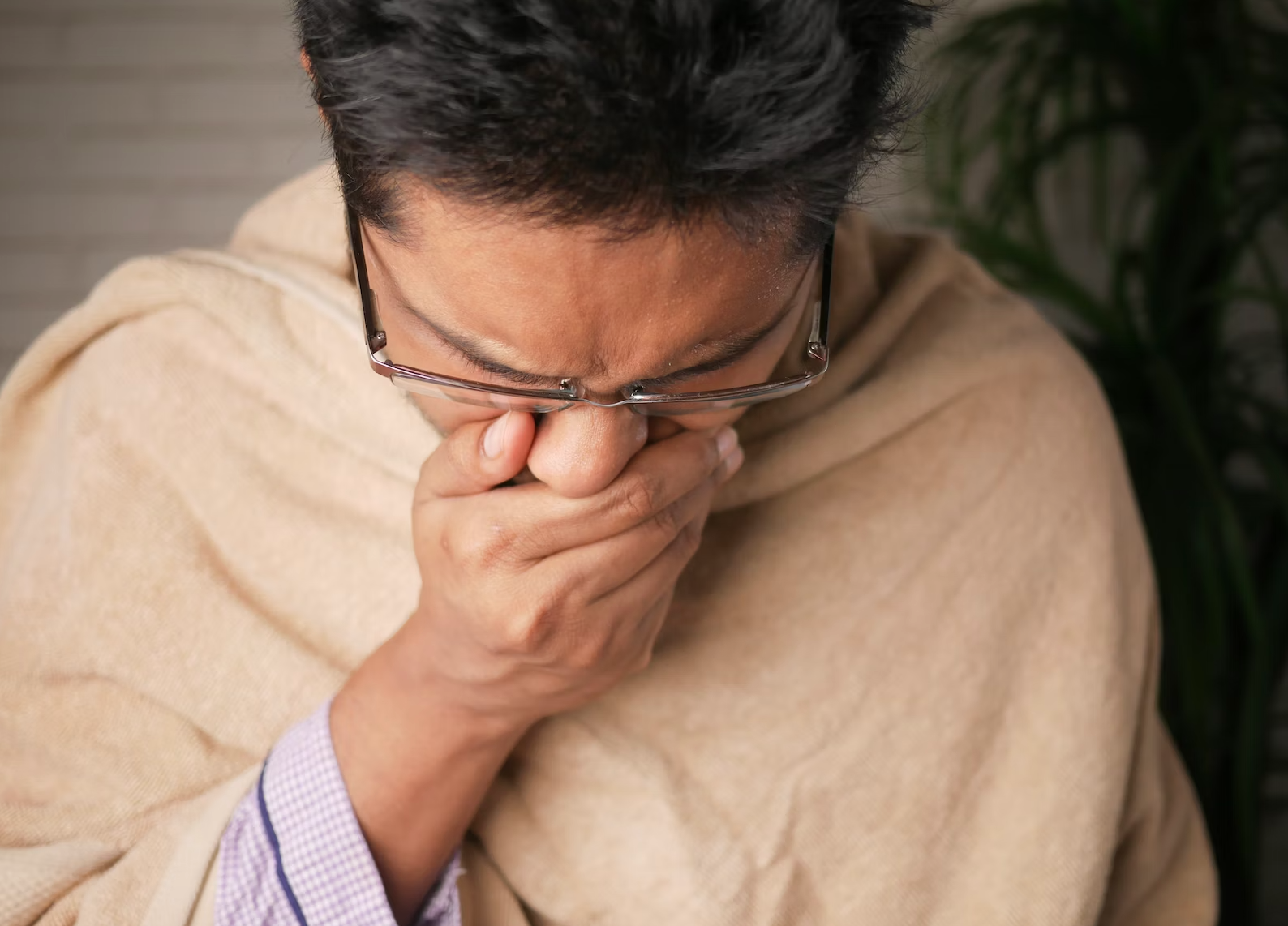
Setting off into the unknown is part of the thrill of traveling, but it’s not so thrilling when unexpected health issues creep in. A sudden bout of sickness can derail your plans and dampen the adventurous spirit. Don’t let this be a deterrent to your wanderlust. In this handy guide, courtesy of Immunize Los Angeles, we’ll delve into effective ways to manage and prevent illnesses on the road, ensuring that your journey remains as healthy as it is enriching.
Immunization plays a vital role in maintaining your health when you’re venturing to international destinations. Some countries harbor diseases that are rare or non-existent in your home country, making you potentially susceptible. Vaccines prepare your immune system to fight off these foreign invaders, reducing the risk of contracting severe illnesses. Certain destinations may even require proof of specific immunizations as a condition of entry. Additionally, by getting immunized, you’re not only protecting yourself but also contributing to global health efforts by preventing the spread of diseases across borders. To find out more about which vaccines you should get before departure, connect with Immunize Los Angeles.
When you start feeling unwell, the initial step is prioritizing rest and isolation. By staying in your accommodations, you lower the risk of contracting additional illnesses and prevent the potential spread to others. This period of rest and isolation gives you ample time to recuperate, hydrate, and nourish your body, all crucial elements for a speedy recovery. Moreover, by avoiding strenuous activities, your body can focus entirely on healing, accelerating the recovery process.
When you’re not feeling well, you must remain aware of your health status. Document your symptoms, noting any changes in their intensity or occurrence. This record proves valuable for healthcare professionals in diagnosing your ailment accurately and prescribing appropriate treatment. It also equips you with a better understanding of your body’s reactions, enabling you to respond promptly and effectively. Furthermore, by tracking your symptoms, you can gauge your recovery progress and make informed decisions about your activities.
Having instant access to your medical history can be a lifesaver. Before starting your journey, ensure that all necessary medical documents are converted into universally accessible formats like PDFs. This includes details about chronic conditions, allergies, and current medications. These digital records can facilitate smoother communication with international medical centers, ensuring you receive appropriate care promptly. Go here to learn more about converting documents into PDFs.
Preparation is vital when it comes to health and travel. Assemble a travel medicine kit with over-the-counter medication before embarking on your journey. This kit could include pain relievers, anti-diarrhea tablets, allergy medication, or any other drugs you frequently use. Check out Immunize Los Angeles’ pre-made travel kit! Having these essentials readily available helps you manage minor health issues promptly, reducing discomfort and anxiety. Plus, you’ll save precious time that would otherwise be spent searching for a pharmacy.
Protective clothing is a simple yet effective strategy for illness prevention. Wearing long sleeves and trousers shields your skin from harmful UV rays, minimizing the chances of sunburn and heatstroke. Additional accessories like hats and sunglasses provide further defense. Remember, preventative measures can save you from unwanted health complications. Dressing appropriately for the weather and environment can enhance your comfort and overall travel experience.
Given the ongoing global health situation, carrying hand sanitizer has become an essential practice. Regularly cleaning your hands is one of the most effective ways to prevent the transmission of numerous diseases. Whether you’re exploring a bustling city or unwinding on a secluded beach, frequent hand sanitation should be part of your routine. Clean hands not only protect you but also contribute to the overall health of those around you.
It’s crucial to have a plan for emergency communication with your family back home. Compile a list of important contact numbers, including your country’s embassy or consulate, for easy access in times of need. Sharing your travel itinerary with a trusted individual back home ensures someone knows your whereabouts and can assist if required. It also provides peace of mind to your loved ones, knowing they can reach you in an emergency.
Falling sick while traveling can be stressful, but with these steps, you can confidently navigate the situation. Your health should always be your top priority. Exercise caution, listen to your body, and seek medical attention. With careful planning and thoughtful actions, you can ensure a safe and enjoyable travel experience.
